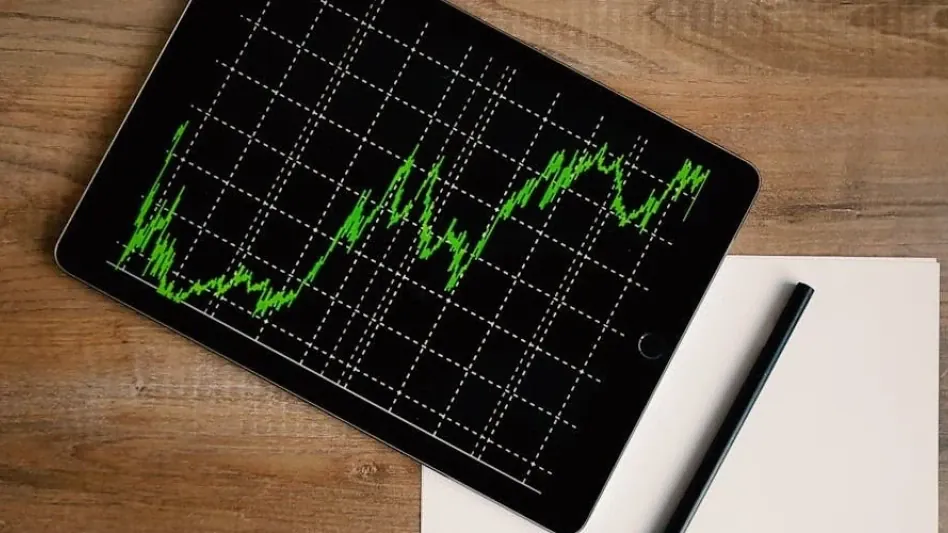The recent US presidential election has significantly impacted the stock market, positively buoying overall prices, yet causing a noticeable decline in healthcare stocks. The Morningstar US Healthcare Index has experienced a notable 3.4% loss since November 5, primarily driven by sharp decreases in the value of major pharmaceutical companies such as AbbVie and Eli Lilly. Between November 8 and November 19, the index dropped more than 5%, though it did see a partial recovery by Wednesday. However, some sectors within healthcare, including medical device makers and insurance companies, managed to avoid the widespread downturn experienced by the pharmaceutical sector.
The downturn in the healthcare sector began at the end of August, with an almost 10% decline since September, in stark contrast to the 5.5% rise in the Morningstar US Market Index during the same time. Analysts attribute these losses to the uncertainty regarding policies that could affect healthcare companies under the new administration. Despite the volatility, this selloff has led to several healthcare stocks becoming undervalued, presenting potential buying opportunities for investors.
Karen Andersen, Morningstar’s director of healthcare equity research, emphasized the unpredictable nature of government policy in healthcare, which has caused apprehension among investors. The potential deregulation under Trump’s administration might make mergers and acquisitions more feasible for larger firms, and removing the Medicare negotiation aspect of the Inflation Reduction Act could alleviate price pressures. Additionally, the anticipated lower corporate taxes due to Republican dominance could generally favor big businesses.
However, the appointment of Robert F. Kennedy Jr. as head of the Department of Health and Human Services complicates the outlook. Kennedy’s vocal opposition to vaccines and skepticism towards obesity drugs could hinder the approval of new vaccines and affect public trust, creating further challenges for the pharmaceutical industry.
Post-election, drugmakers such as AbbVie and Lilly have suffered significant losses, with AbbVie dropping 17% and Lilly falling by 6.3%. Together, these companies have contributed to approximately 50% of the healthcare index’s decline since November 5. Pfizer, another major vaccine manufacturer, has seen its shares fall by over 9%, and other companies such as Amgen and Thermo Fisher Scientific have registered notable losses.
In contrast, some sectors have performed better. Pharmaceutical wholesaler McKesson has surged 18%, while insurer UnitedHealth Group has risen by 5.9%. Analysts suggest that insurers might benefit from the incoming administration, as regulatory pressure on Medicare Advantage could lessen, easing operational constraints.
Medical device companies like Intuitive Surgical, Boston Scientific, and Stryker have also seen positive returns since the election, demonstrating resilience amid the broader sector’s struggles.
Overall, the healthcare sector is trading at a 6.6% discount according to Morningstar’s fair value estimates, suggesting potential investment opportunities given that the broader US market is trading at a 5% premium. Dan Kemp, Morningstar’s chief research and investment officer, noted that the sector’s current pricing reflects a significant amount of negative news, indicating a higher likelihood of positive developments.
Among the 109 healthcare stocks analyzed by Morningstar, 15 are rated 5-star, signaling they trade at significant discounts, while 45 stocks hold 4-star ratings, viewed as undervalued but to a lesser extent. Andersen mentioned that the uncertainty surrounding the Trump administration’s next four years has created some enticing buying opportunities, though some stocks like Lilly and Novo Nordisk are nearing their fair value estimates.
In summary, the election brought considerable volatility to healthcare stocks, with significant losses primarily affecting large pharmaceutical companies, while some industries such as insurers and medical device makers remained relatively unscathed. Despite the uncertainty, the resulting undervaluation in the sector presented potential opportunities for investors, though the future remained unpredictable with the new administration’s policy directions.









